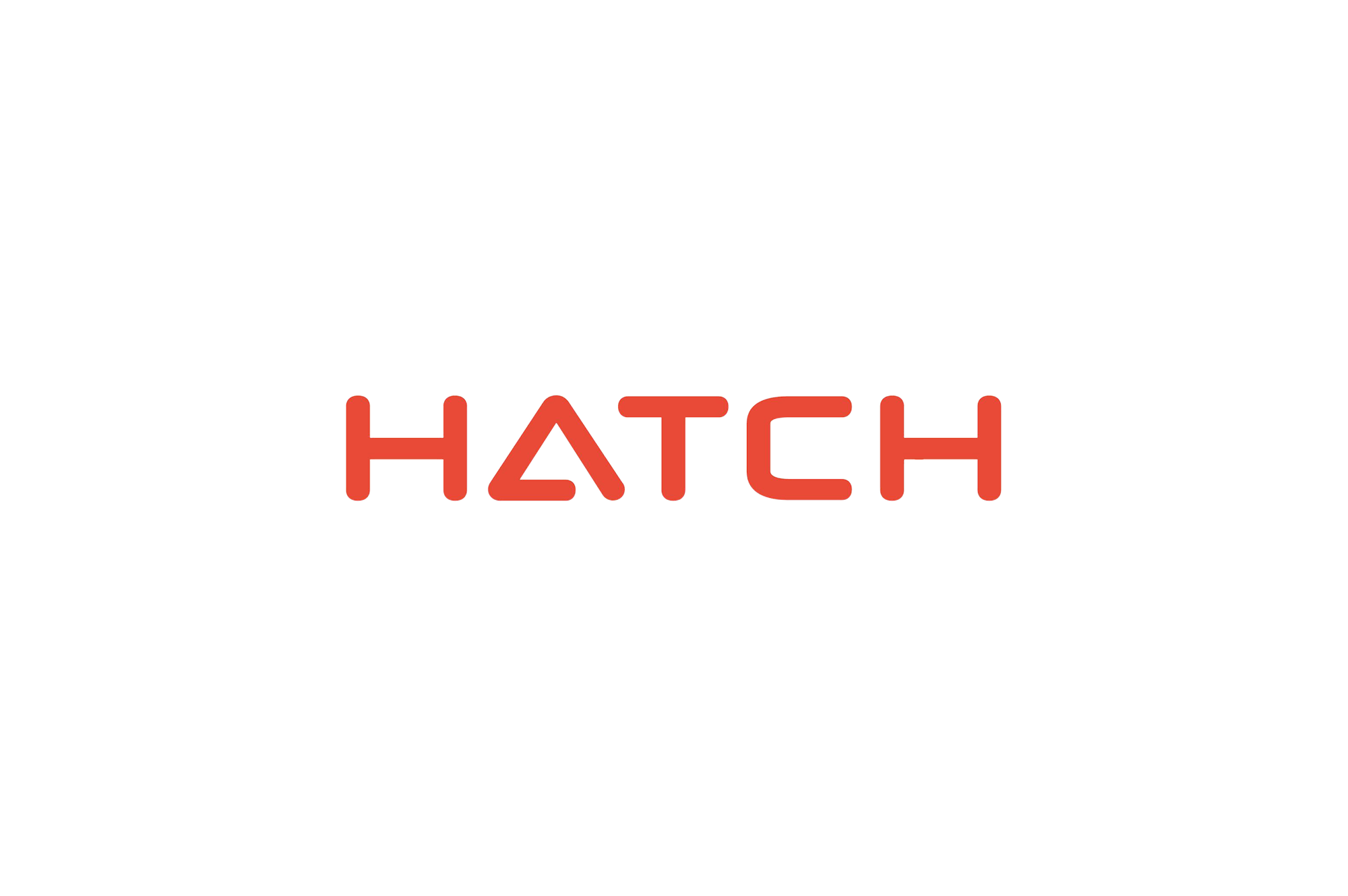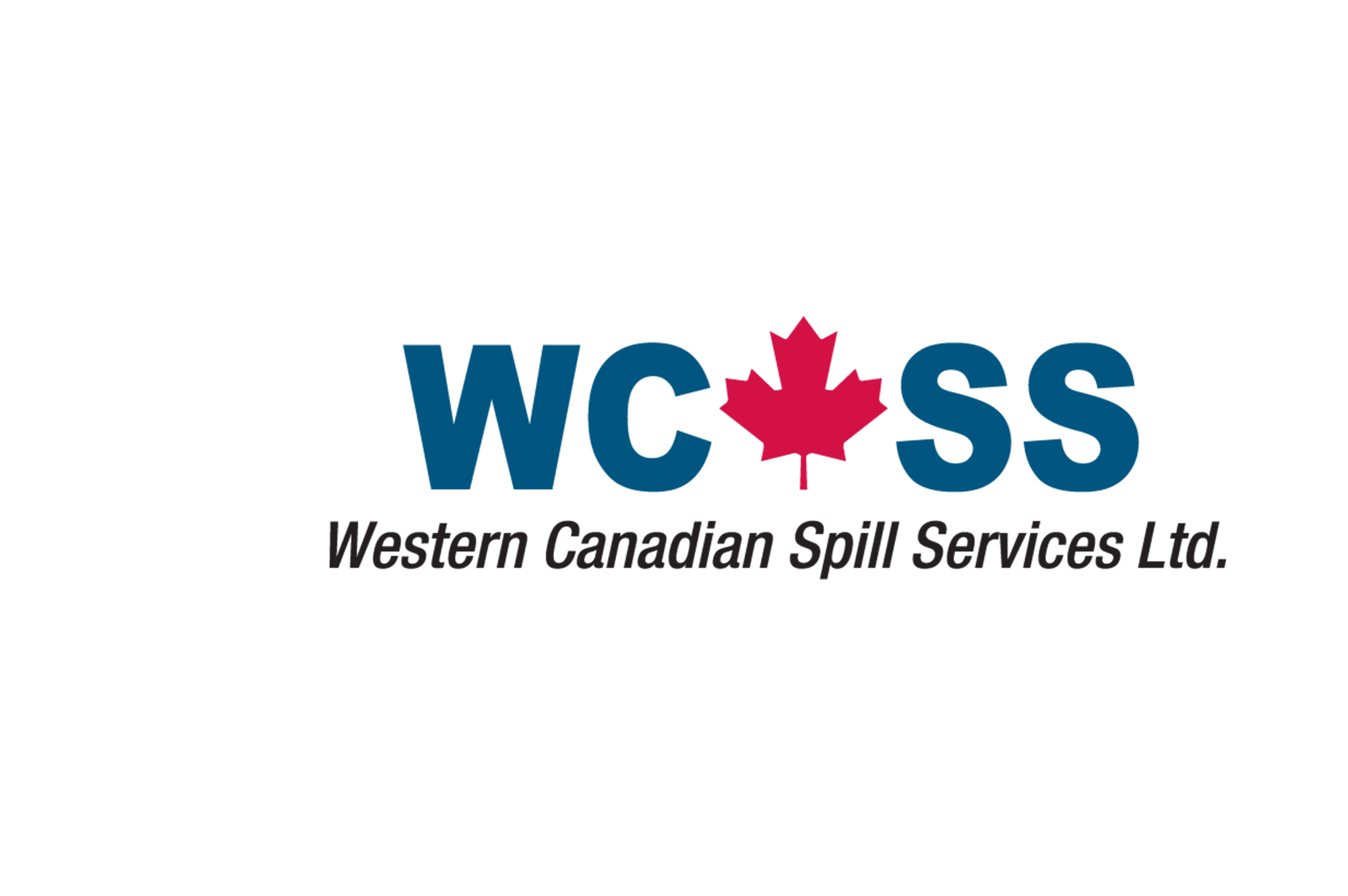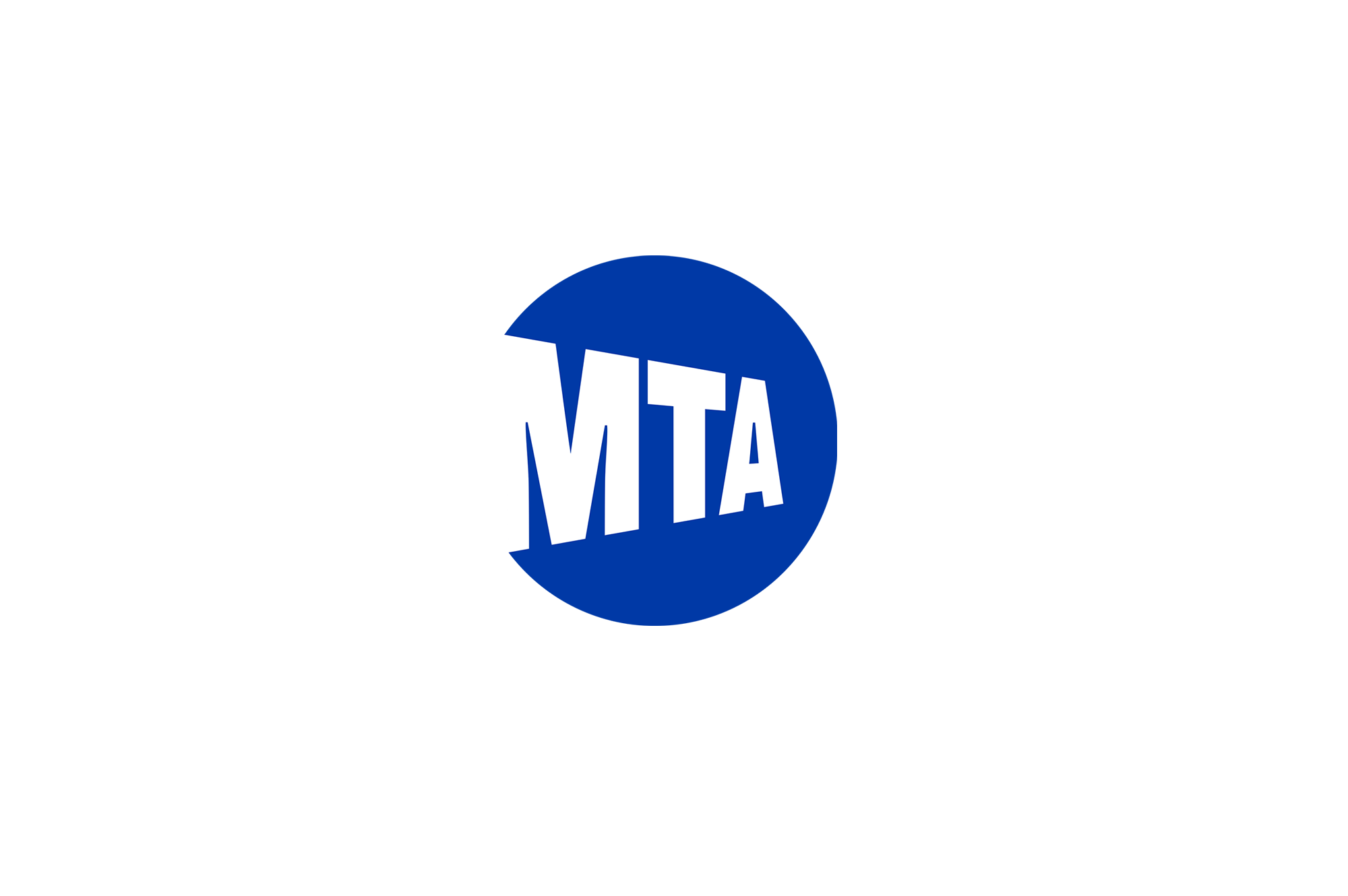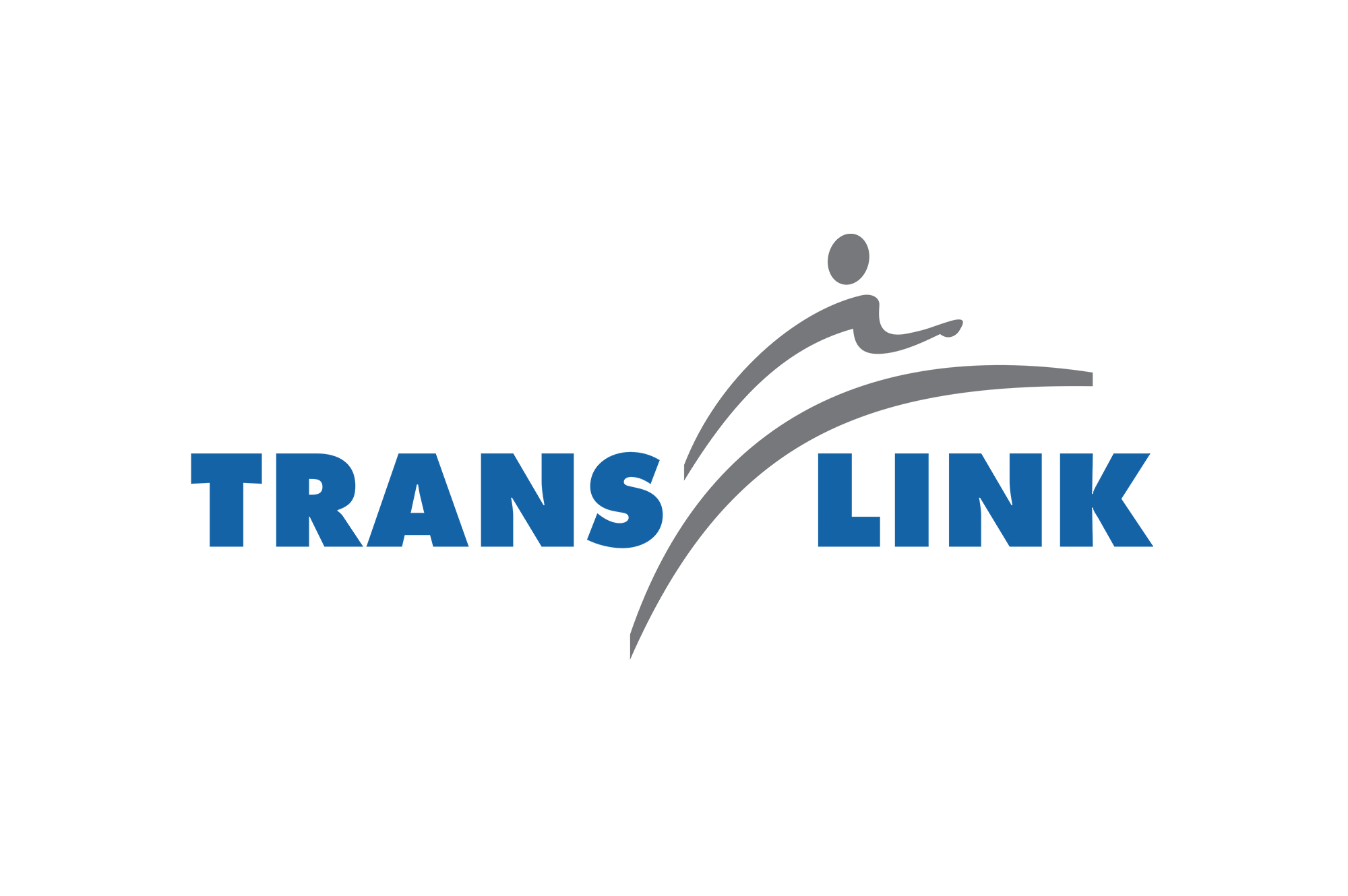BLOG
A Guide to Learning Management Systems
Tips for how Learning Management Systems (LMS) enable companies to create, manage and deliver lessons, courses, quizzes, and other training materials.
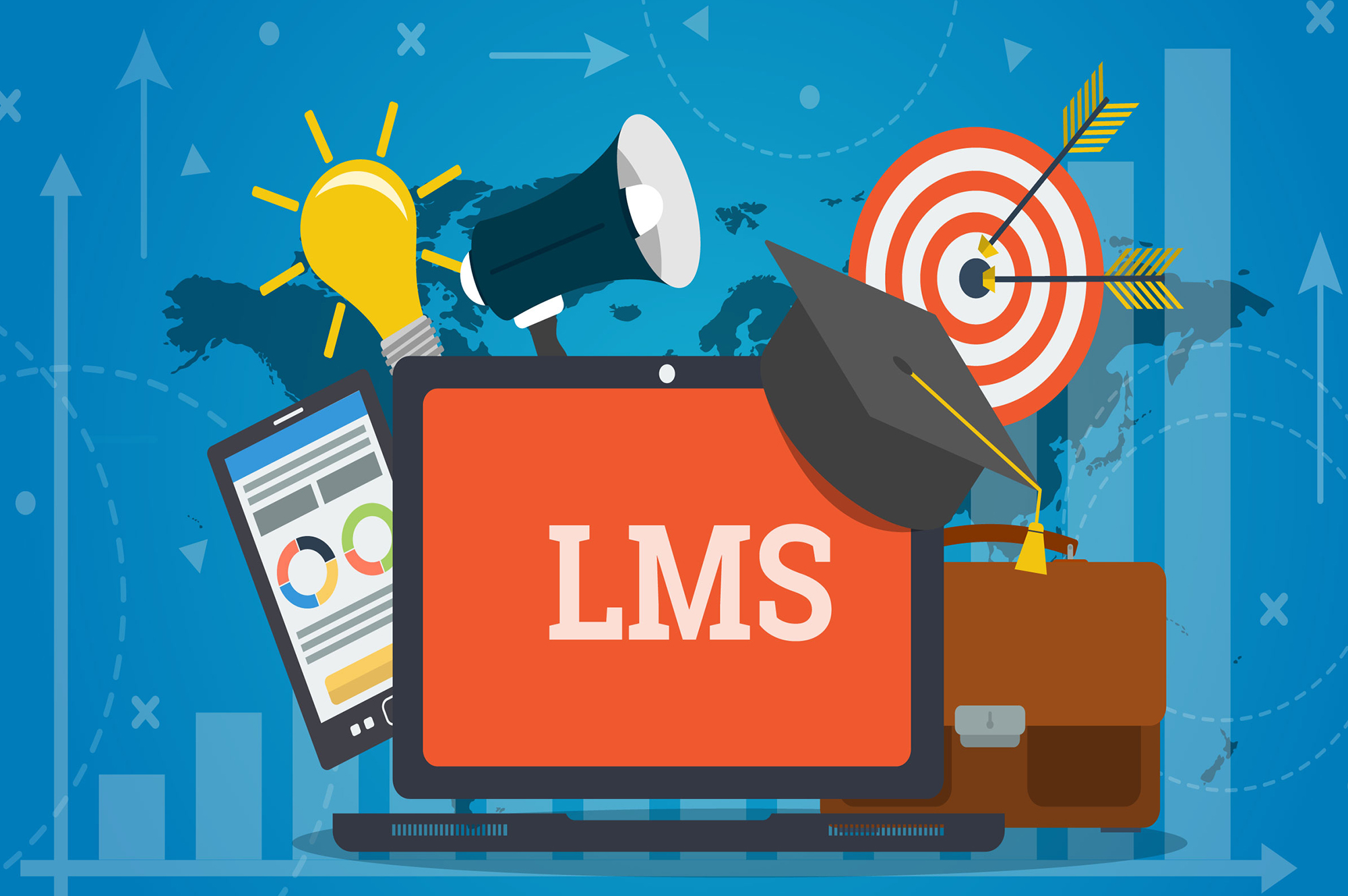
Tips for how Learning Management Systems (LMS) enable companies to create, manage and deliver lessons, courses, quizzes, and other training materials.

If you live in the world of learning and development, you’re likely familiar with many ins and outs of a Learning Management System (LMS).
But as eLearning grows at warp speed and the LMS market ploughs into the hundreds of billions of dollars globally, it can be helpful to go back to basics—what exactly is an LMS?
A learning management system is a software application that enables companies to create, manage and deliver lessons, courses, quizzes and other training materials. The systems can track the progress of each employee, allowing administrators to see how well learners are moving through the course material, who has qualified and who requires more work on the topic.
A good LMS is designed to make life easier for those in charge of learning and development and can help streamline the training process, as well as improve organizational effectiveness and performance by tracking, maintaining and ultimately developing the skills of the individuals in your organization by offering an engaging learner experience.
While features vary among learning management systems, there are many features that are fundamental to any LMS. These include document management, assessment and certification, tracking and reporting, course management, creation or importing, and social features, such as messaging and knowledge sharing discussion forums.
An enterprise learning management system or ELMS has the same features as an LMS as well as additional features such as customized learning paths, eCommerce and enhanced security.
When selecting a learning management system, it’s important to consider several factors, including whether or not the software capabilities align with your business requirements and future trends. These trends include mobile learning, self-directed learning, video-based learning, gamification, and immersive learning through virtual and augmented reality.
Further, it’s important to ensure that your LMS is agile and flexible enough to support integration with other systems. This means having the ability to support HRIS systems, email marketing tools, web user analytics tools, social media platforms, and payment gateways. While not all organizations need all these integrations, understanding the needs of your organization both now and in the future is an important part of finding an LMS that supports the business goals of your company.
To craft an optimal learning experience for your employees, you need the proper tools. A well-designed, thoughtful LMS that aligns with your organization’s values and brand will help get you there.
We develop digital knowledge solutions. Our team makes heroes of learning and development professionals. We improve workspace experience (and lives) across the globe, with better learning.


